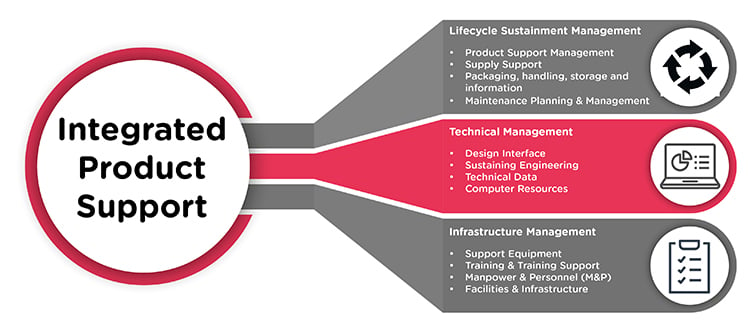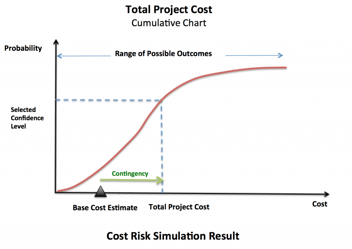The shift from ILS to IPS – what does it actually mean?
Posted in Capability Sustainment
August 2020
2 minutes reading time
The aim of Integrated Logistic Support (ILS) has always been to maximize the operational availability of equipment at an optimal lifecycle cost. As a concept, all stakeholders see this aim as being sensible and completely logical. Designers should communicate with manufacturers, who should understand their supply chain capabilities, who should understand the maintenance requirements etc. in order to achieve optimisation.
However, over the last decade there has been a noticeable decrease in the ‘Integration’ of all considerations in product development. This failing is most often characterised by less and less data exchange at every ILS cooperative boundary as items are designed, produced, used, maintained, repaired and disposed of. Less and less are we seeing the necessary ILS specialists communicating closely with one another leading to unnecessary waste throughout the entire product life cycle. Simply, the ILS engineer is not influencing the product design to make it easier to support.
In April 2019, the Integrated Product Support (IPS) Council, previously the ILS Council, approved the specifications contained within the currently titled ‘SX000i’ (International specification for Integrated Product Support (IPS)). Consequently, what was known as ILS for the last 50 years has now become IPS; however, the move to IPS is a great deal more than just a name change.
Simply put, the re-framing of ILS to IPS has the aim of bringing the focus back to the integration of all considerations which contribute to maximizing the operational availability of equipment at an optimal lifecycle cost. The entirety of the S-Series standards is called out in Defence Standard 00-600, so IPS is embedded within the Defence Standard and Defence Logistic Framework. There has never been a better opportunity to understand the S-Series specifications and how they can make the job of the IPS manager easier.
Using a global IPS framework, SX000i describes the synchronisation and management of IPS processes. Based on existing ILS and IPS handbooks and standards, SX000i makes maximum use of lessons learnt from involvement in current Projects and Products.
Throughout the shift from ILS to IPS, CDS Defence & Security has had a leading role in shaping the IPS specifications. Our Chief Engineer, Mark Willis, is the UK industry representative on the prestigious SX000i international working group and is at the heart of ensuring that the transition from the requirements of ILS to IPS go smoothly. In addition, please note that the UK Ministry of Defence now subscribes to the requirements of IPS and, as a customer, will ensure that all products being procured will need to conform with these production standards.
So, if you’ve read all that and are still scratching your head as to what it means to you, reach out to one of our experts.





